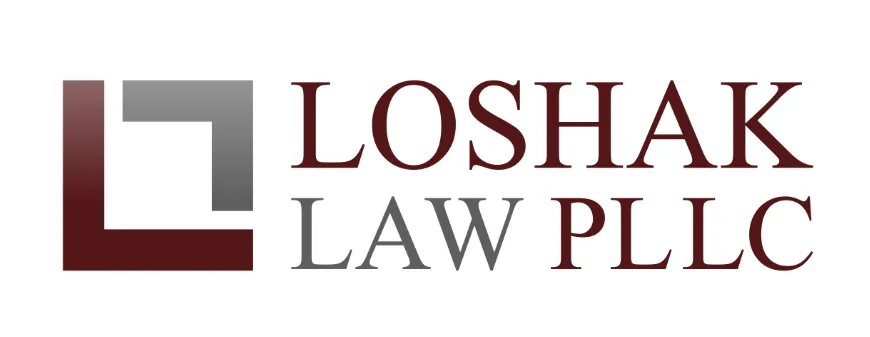
The worldwide COVID-19 pandemic has recently brought the uncertainties of life to everyone’s attention. This is particularly the case due to this disease’s acute risk to adults and elderly patients, who are at a heightened risk for severe complications. This has led to otherwise healthy people dying suddenly without an estate plan in place.
That kind of uncertainty can weigh heavily on that individual’s family members, who must now do the hard work of administering their loved one’s estate while also grieving their loss. With this in mind, now is a perfect time to prepare or revisit your estate plan. After all, being prepared always pays off when life takes an unexpected turn.
What Can an Estate Plan Do for Me?
In practice, a proper estate plan can serve a critical purpose, both for you and your family. For you, an estate plan can provide peace of mind relating to how your possessions and wealth are distributed in case of your passing. Along the same lines, an estate plan can also solidify who will care for your children or other loved ones in your absence.
Meanwhile, an estate plan can help smooth asset transmission process from your family’s perspective. In other words, an estate plan can help prevent conflicts among family members who may have differing views on who was to receive what after your passing. In effect, your estate plan will serve not only as a guide for your family, but also as your definitive word on many issues that may crop up after your death.
What Happens If I Don’t Have an Estate Plan?
Without an estate plan in place, your estate will need to be probated. This means that a probate court will step in to act as administrators of your assets. These courts follow certain state laws relating to estate administration, which may or may not be favorable to your family. This is particularly true when it comes to taxes, which are often more burdensome in a state-administered asset plan.
Along the same lines, state administration of your assets can leave your family exposed to a great deal of scrutiny. This is because that state makes these administrations a matter of public record. In turn, creditors and other outside groups will be able to pursue your assets, even after you have passed on.
Popular Estate Planning Tools
Here are just a few of the most widely used estate planning tools that you should consider pursuing:
- Will – A legal document that acts as an instrument for distributing your assets after your passing.
- Living Trust – A legal document that grants trusteeship to an individual for the purpose of asset distribution. These documents are more flexible and can be modified more easily while the grantor is alive. They can also help avoid certain estate taxes for married couples.
- Healthcare Surrogate & Advanced Directive - A legal document that appoints an individual to make medical decisions on your behalf if you are incapacitated from doing so yourself.
- Durable Power of Attorney - A legal document that authorizes another person to act as your “agent” on legal matters. These documents can be limited in scope to specific legal acts.
- Designation of Beneficiaries on “Payable on Death” Accounts – A legal designation that allows for the immediate distribution of investments while still avoiding the probate process.
Making a Plan to Face the Uncertainties of COVID-19 and Life
Facing the uncertainties of life can feel challenging, now more so than ever. But you can hope to find some peace of mind in the COVID-19 era and beyond with a proper estate plan in place. Your family will also benefit from your efforts as this time because they won’t be strapped with added burdens while also grieving your loss. Be sure to contact the attorneys at Loshak Leach LLP by phone at (954) 334-1122 when you are ready to establish or review your very own estate plan.
Categories
- Real Estate (30)
- Land Use and Zoning (10)
- Alcohol/Beverage (5)
- Government/Municipal Law (10)
- Litigation (9)
- Business (28)
- Estate Planning (12)
- Probate (8)
- Personal Injury (8)
Contact Us
Please fill out the form below and our attorney will contact you.
Maps & Directions
Hollywood Office
1221 South 21st Avenue
Hollywood, FL 33020

